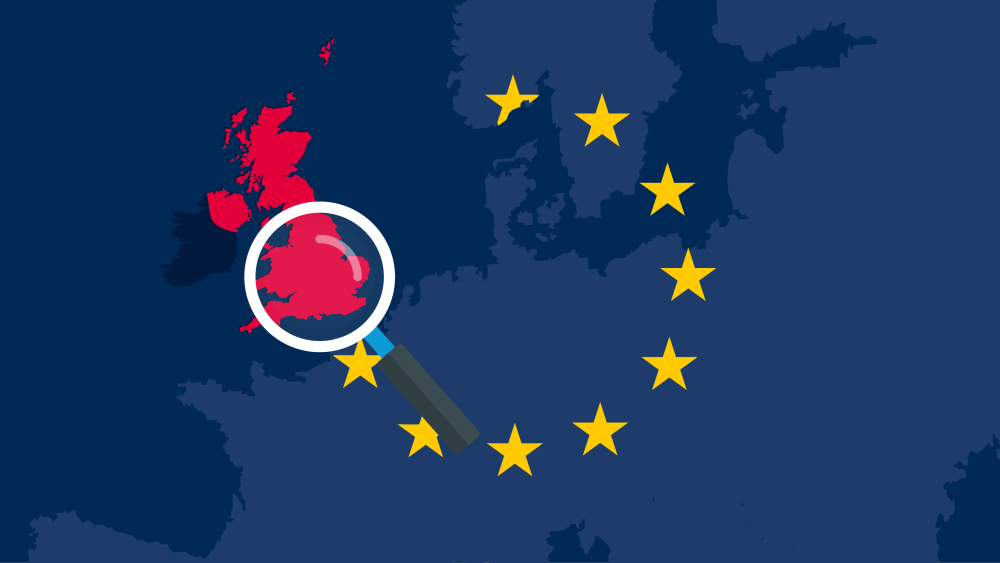Brexit: what's on the cards this week?
28 Jan 2019

After the historic defeat of the Government’s Brexit deal earlier this month, Theresa May has once more been forced back to the drawing board to investigate how she might be able to pass some kind of Brexit deal.
Tomorrow, Theresa May brings a plan to parliament in the form of a ‘neutral motion’, which outlines the Government’s intentions regarding the Brexit deal. MPs are able to offer amendments to this, meaning the substance of the proposals could be altered significantly.
There are 19 amendments on the table. The power lies with the Commons Speaker, John Bercow, to decide which amendments are tabled. These amendments could boost or reduce the power of the Government substantially (depending on whether they pass). These are a few of the key ones:
Yvette Cooper Amendment
This would delay the Brexit date in order to give Parliament more time to figure out how to pass a deal without resorting to no-deal. This seems popular among the anti-Brexiteers in both parties who have resigned to the fact Brexit should happen though still lacks full-throated labour support.
Dominic Grieve Amendment
This is an attempt by the former Attorney General to completely change the proposed bill by changing it to be a Norway-style arrangement, or to adopt a second referendum or even no-deal. It is his way of putting all options back on the table. This has the backing of some Labour backbenchers, as well as the SNP's Philippa Whitford, Lib Dem Tom Brake, Plaid Cymru's Jonathan Edwards and Caroline Lucas, of the Greens.
Stella Creasy Amendment
The Labour MP wants to bring the people back into the equation through the creation of a 250-strong ‘people’s assembly’. This would require a delay in Article 50 process and the government would need to respond to the outcomes of the assembly.
Graham Brady Amendment
The amendment by the Chairman of the 1922 Committee supports the Prime Minister’s deal with the stipulations that the Irish Backstop arrangements be changed in some substantial way. This could potentially win the support of more hard-right Brexiteers who are falling into line with Theresa May’s deal.
Tom Brake Amendment
This would see a cross-party group of MPs take hold of the Brexit process. An interesting proposal but not one that many see as a real solution to the problems.
The votes are not binding, though they will pile pressure on Theresa May to follow such course. She has asked Parliament to express its view and thus it would be politically dangerous to disregard it.
Meanwhile, in Brussels, the EU Parliament is scheduled to have its own Brexit debate on Wednesday. You can be sure there won’t be so much division and turmoil in the discussions about their position. So far the EU has run a tight ship in how they have negotiated. Very few deviations from the party line have occurred. When they have, a unified and comprehensive shutdown of whoever dared stray beyond the briefing notes is executed. Unity is clearly important both for the strength of their negotiating position but also as a way of showing the strength of the European Union itself.
However, there are some mentions that the EU will budge on their insistence on the backstop if the UK Parliament can bring them a deal that will pass. Nonetheless, they will be sure not to do anything that will undermine the integrity of the Common Market or Ireland’s preferences regarding the Backstop.
To catch up more on all the Brexit happenings, why not listen to the latest episode of the DMA's politics podcast with Zach Thornton and Michael Sturrock from the external affairs team. Do also get in touch if you have any questions.

Please login to comment.
Comments